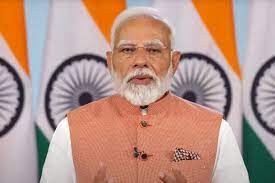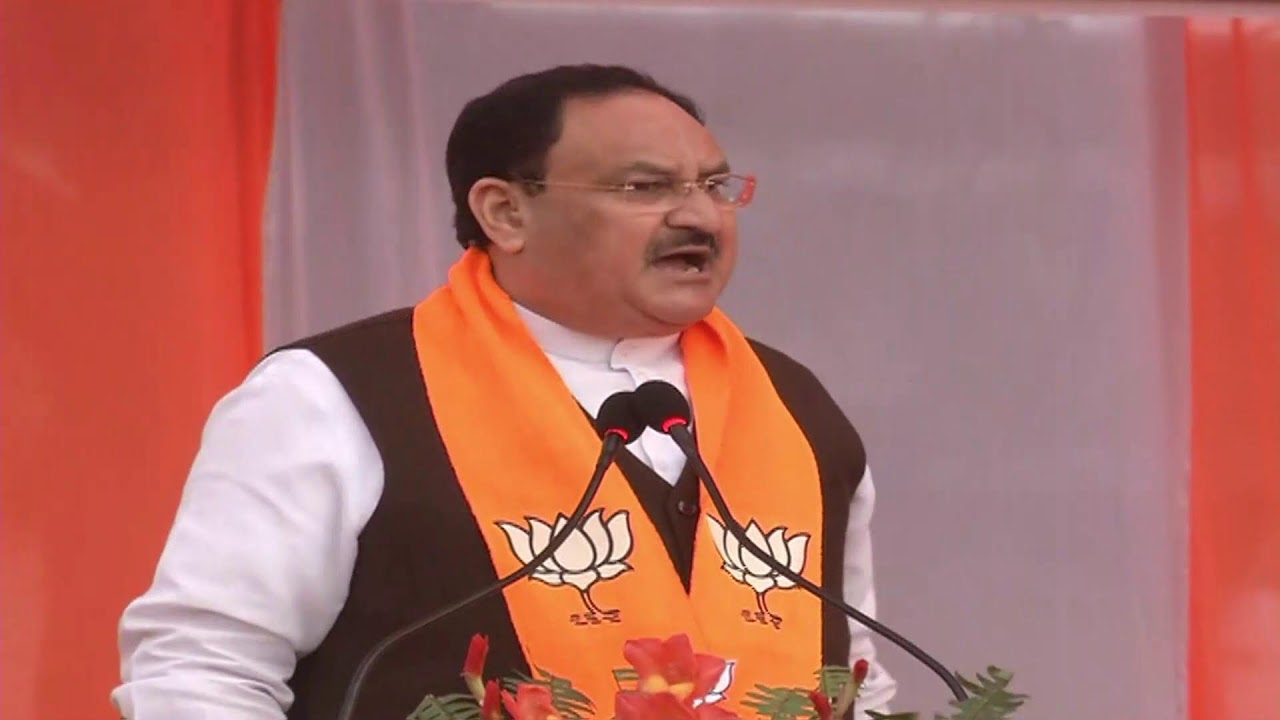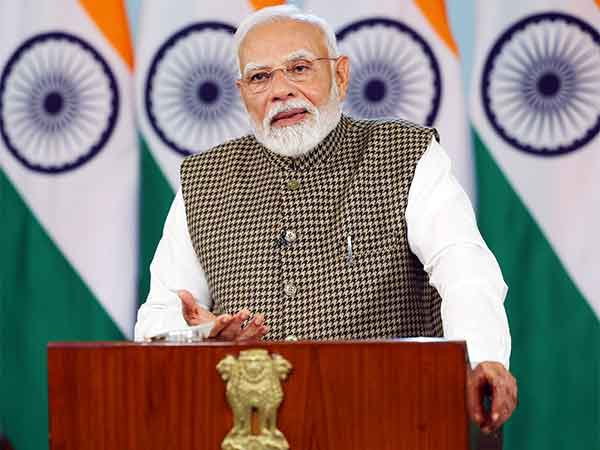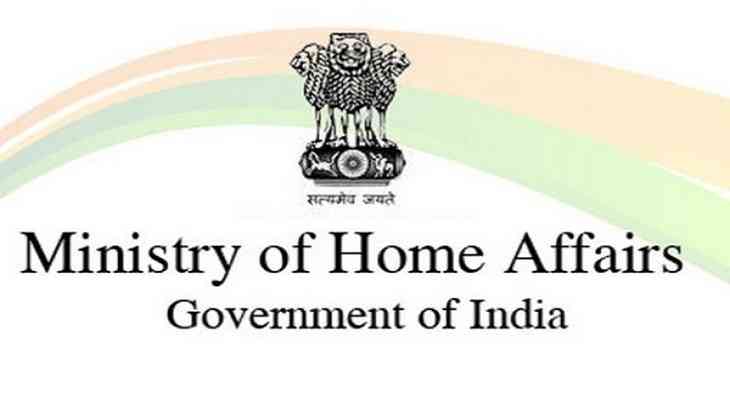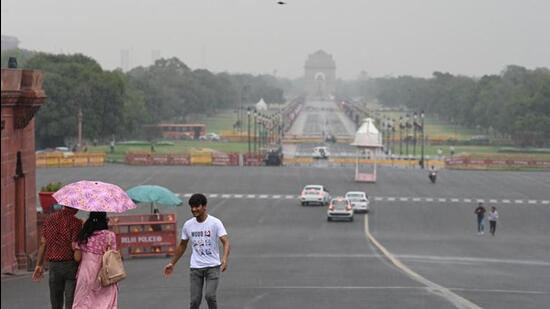World leaders discuss economy, trade at G20 summit
Fri 28 Jun 2019, 16:16:47
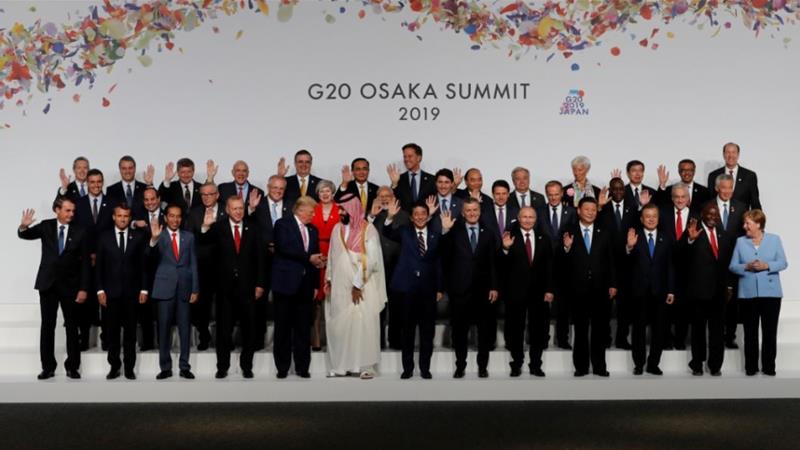
Leaders from the Group of 20 major economies weighed the risk of a slowing global economy on Friday amid growing trade and geopolitical tensions as a two-day summit began in Osaka under Japan's presidency.
As an escalating US-China trade war looms large, eyes are on whether the G-20 nations - accounting for about 80 per cent of the world's economy -- can agree on the importance of free trade and the rules-based multilateral trading system that has benefited economic growth, reports Kyodo News Agency.
"Trade and geopolitical tensions are intensifying," Prime Minister Shinzo Abe told other G-20 leaders at the day's session, cautioning that the global economy is facing downside risks.
"I want the G-20 to share a determination to realize growth by employing all policy tools," Abe said. "We should send out a strong message."
Abe said he was "deeply concerned" about the current global trade situation, saying restrictive measures will not benefit any country, in an apparent reference to tit-for-tat tariff hikes between the US and China.
Abe faces the tough task of projecting a united G-20 front despite apparent disagreements particularly over contentious issues such as trade and climate change.
At the summit that will also address environmental issues, the G-20
leaders are expected to agree to end the dumping of plastic waste in the world's oceans by 2050, Kyodo News quoted informed sources as saying on Friday.
leaders are expected to agree to end the dumping of plastic waste in the world's oceans by 2050, Kyodo News quoted informed sources as saying on Friday.
The goal will likely be included in a post-meeting joint statement.
Bilateral talks scheduled for Saturday between US President Donald Trump and his Chinese counterpart Xi Jinping have already gripped the G-20, as the tariff battle between the world's two largest economies has threatened to darken the economic outlook given the integrated nature of global supply chains.
The global economy has been feeling the pain from the US-China trade friction that was initiated by Washington.
The recently announced tariffs between the two countries, combined with those implemented in 2018, could reduce global gross domestic product (GDP) by 0.5 per cent in 2020, resulting in a loss of about $455 billion, according to the International Monetary Fund.
Established in 1999, the G20 is a central forum for international cooperation on financial and economic issues. It comprises 19 countries plus the European Union (EU).
The member nations are Argentina, Australia, Brazil, Canada, China, France, Germany, India, Indonesia, Italy, Japan, Mexico, Russia, Saudi Arabia, South Africa, South Korea, Turkey, Britain and the US.
No Comments For This Post, Be first to write a Comment.
Most viewed from International
Most viewed from World
AIMIM News
Latest Urdu News
Most Viewed
May 26, 2020
Do you think Canada-India relations will improve under New PM Mark Carney?
Latest Videos View All
Like Us
Home
About Us
Advertise With Us
All Polls
Epaper Archives
Privacy Policy
Contact Us
Download Etemaad App
© 2025 Etemaad Daily News, All Rights Reserved.

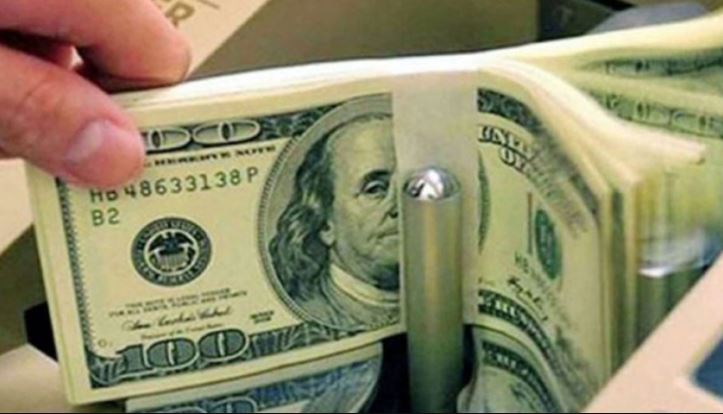
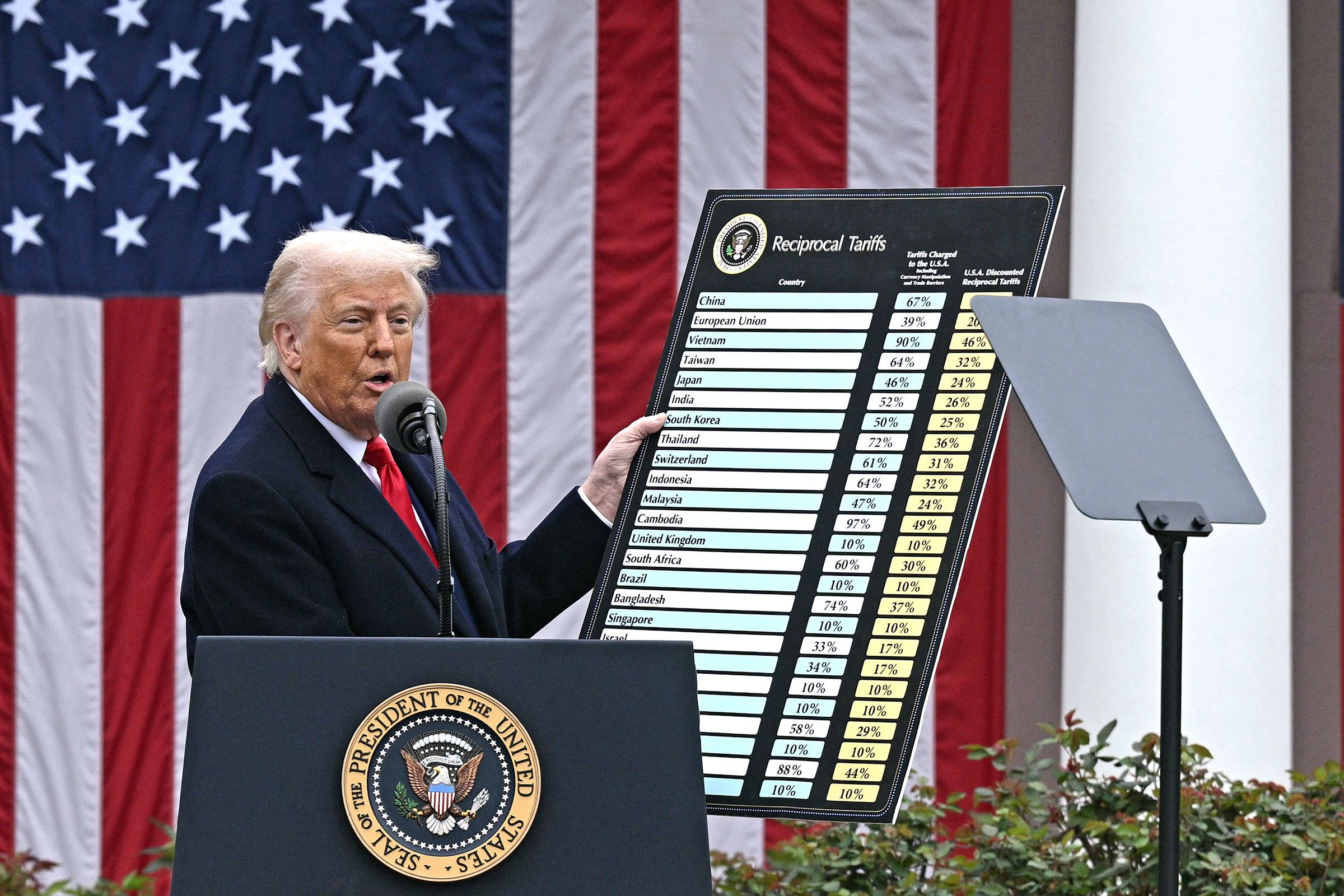

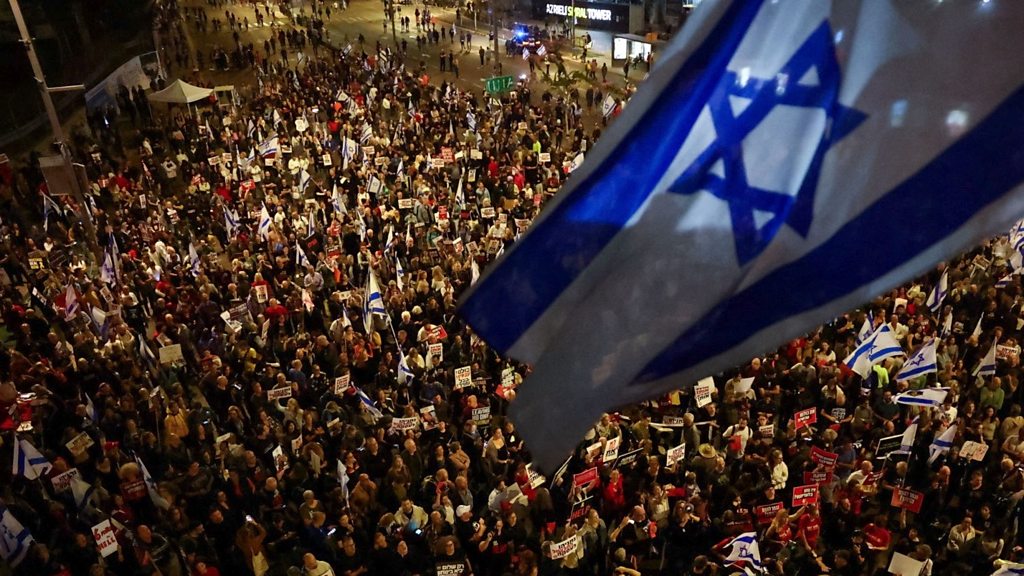

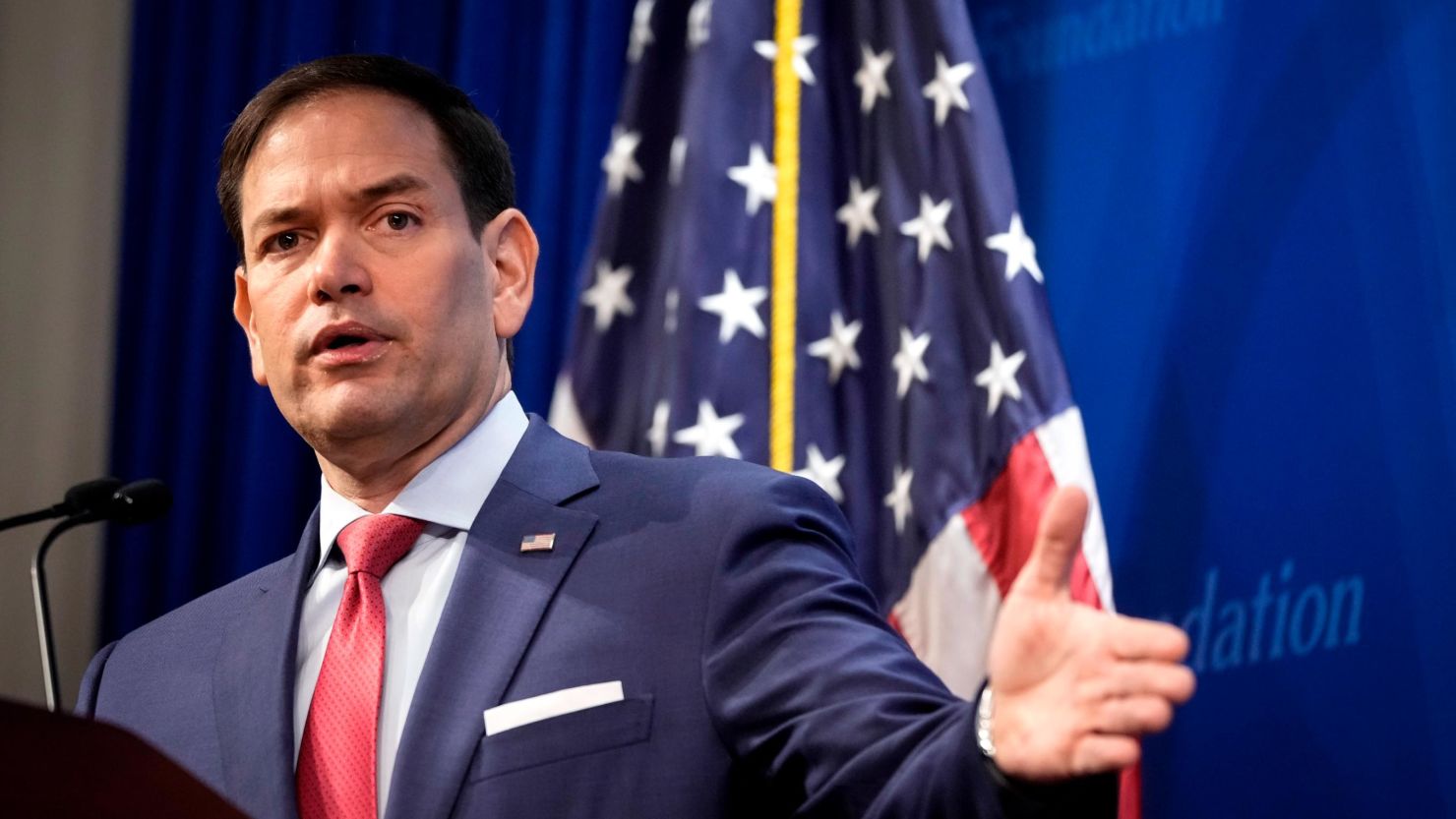
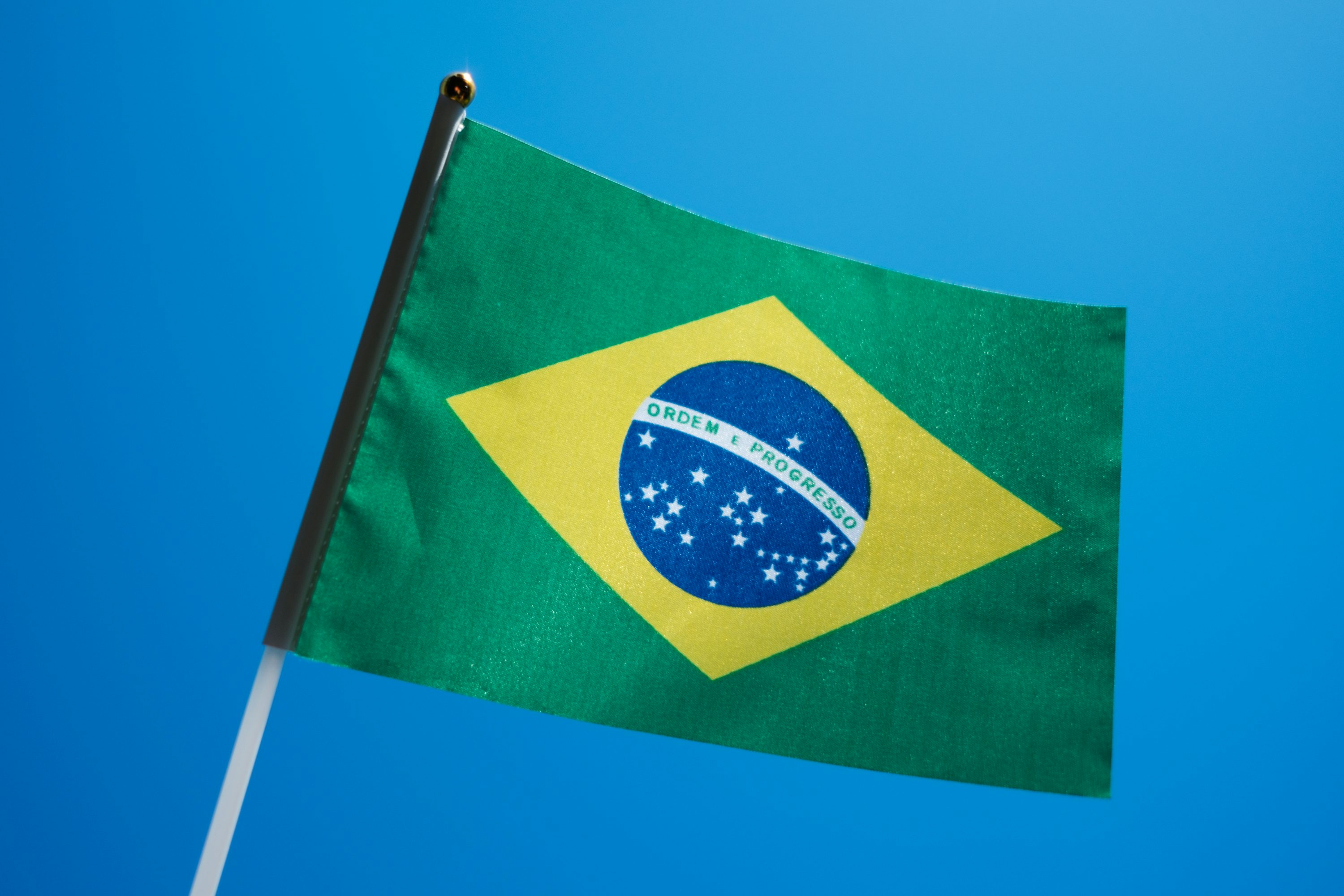


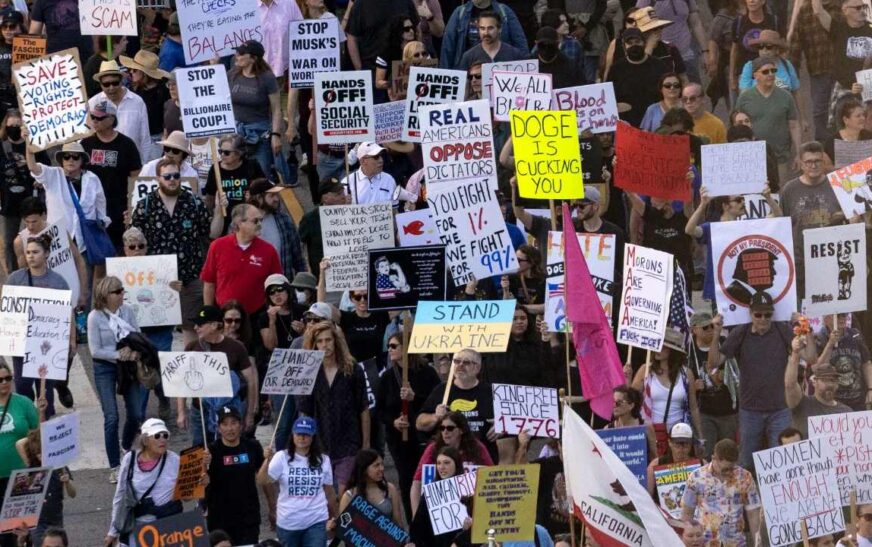
.jpg)
.jpg)



